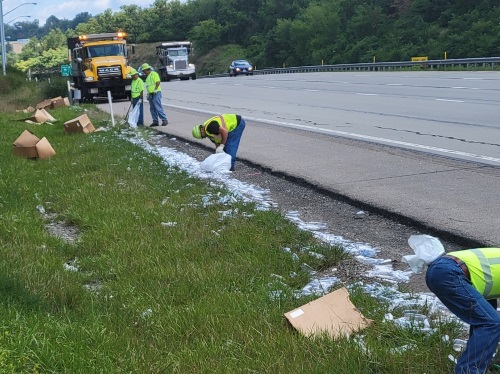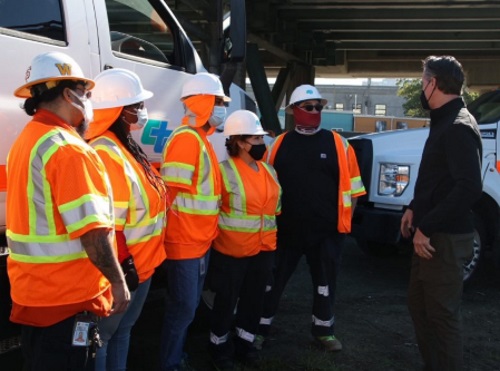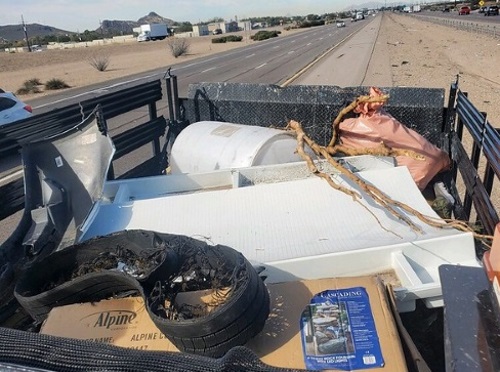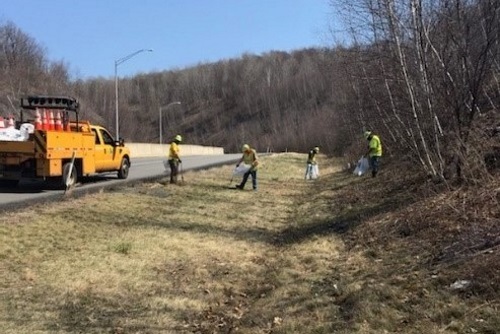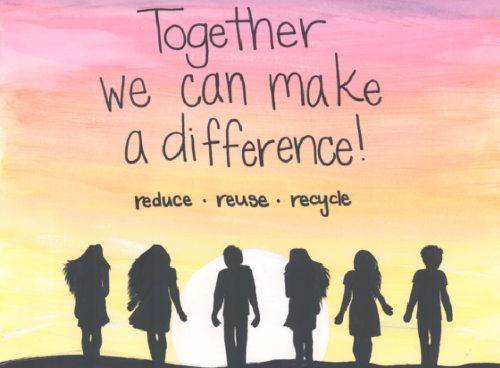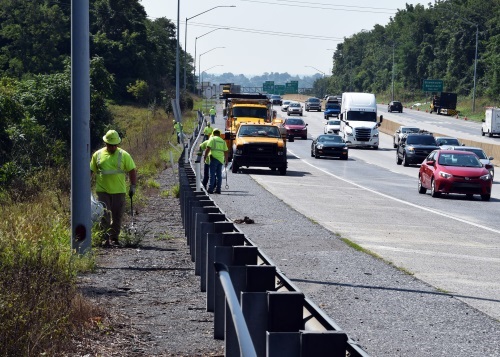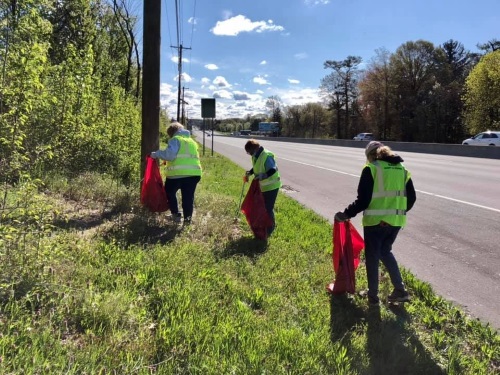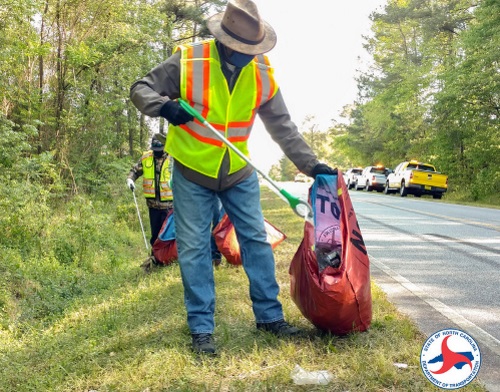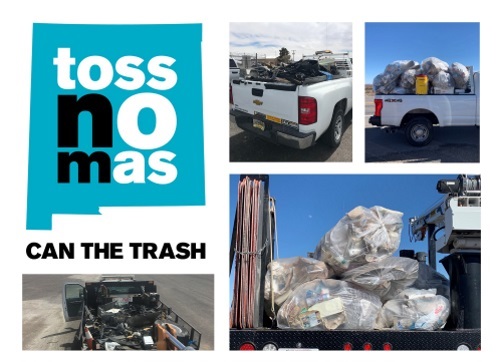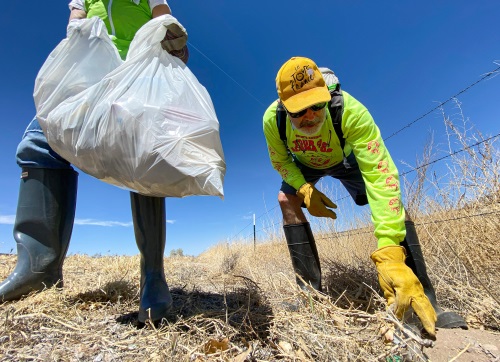The Pennsylvania Department of Transportation and Department of Environmental Protection are joining forces to encourage local businesses and residents to support the state’s spring “Pick Up Pennsylvania” campaign, focused on removing litter from state roadways, waterways, and “green spaces” such as state parks.
[Above photo by PennDOT]
That collaborative effort between the two agencies is a key part of Pennsylvania’s first ever “Litter Action Plan,” unveiled by Governor Tom Wolf (D) in November 2021.
“[We are] responsible for maintaining 40,000 miles of roadway, roads that wind through some of the most beautiful, scenic landscapes in the country,” said PennDOT Secretary Yassmin Gramian in a statement, noting that PennDOT spends roughly $14 million annually on litter removal efforts along state roadways.
“Our Adopt-a-Highway Volunteers are very important to this effort, but as litter mounts, our multi-million-dollar cleanup efforts must continue – again taking our valuable resources away from highway maintenance operations,” she pointed out.
[Editor’s note: The American Association of State Highway and Transportation Officials recently appointed Gramian to a two-year term as chair of its Committee on Environment and Sustainability or CES.]
“Clean green spaces and waterways factor into our physical and mental health and enable the function of the ecosystem we depend on,” added DEP Secretary Patrick McDonnell, pointing out that – so far – there are 290 spring “Pick Up Pennsylvania” cleanup events scheduled, with 21,000 volunteers slated to participate in those trash removal efforts.
PennDOT added that its Adopt-A-Highway program now includes over 4,250 participating groups and more than 103,300 registered volunteers covering nearly 8,800 miles of adopted state-maintained roadways.
“We see the great impact that volunteers have in reducing the litter polluting our roads, neighborhoods, and parks,” said DEP’s McDonnell. “It’s unimaginable where we’d be without the help of these best of Pennsylvanians. However, cleanup is a very costly approach to the litter problem in the long term. We must move out of reactive mode and be more proactive to prevent littering.”
Meanwhile, the Arizona Department of Transportation noted that its crews removed 800 tons of litter and trash from just along Maricopa County freeways in 2021 – a 47 percent increase compared to the litter picked up in 2017.
Each week, the agency said its maintenance crews are able to clean about 250 miles along the freeway system, thanks to funding from the Maricopa Association of Governments. Nevertheless, the amount of litter and trash increases along Valley freeways year after year.
The agency noted in a blog post that trash build-up also clogs drainage systems, leading to water pooling on roadways, while large debris that falls onto roadways can be hazardous as drivers swerve to avoid the items.

